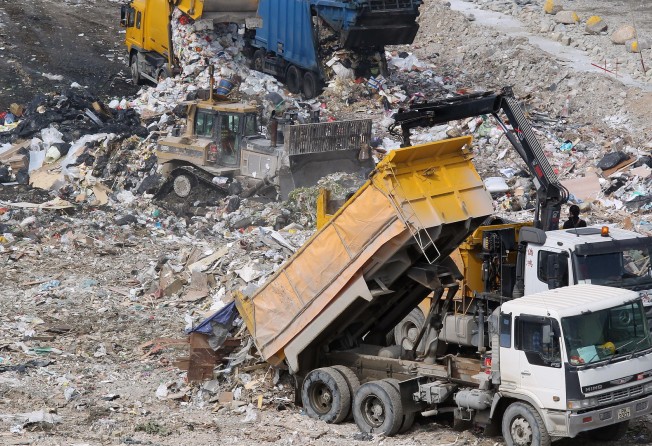Why does stubborn Hong Kong refuse to change its ways?
Bernard Chan says it will take a crisis before Hongkongers finally accept the need for change, whether it's on road pricing, health care or waste charging, to name but a few areas

A recent local television documentary mentioned Hong Kong's public consultation exercise on road pricing. If you're scratching your head, trying to remember when that happened, it's not surprising: it was in the early 1980s.
The proposal proved controversial. There was no consensus, so nothing happened. More than 30 years later, we have annual vehicle licences and the first registration tax, which are not limiting vehicle numbers. The traffic gets slower, and one incident in a crowded urban area can create gridlock.
The picture is similar with health care reform. We have had the 1985 Scott Report, the 1999 Harvard Report and several other proposals for reforms in health care structure and financing. As with road pricing, nothing happened, and we are stuck with a system that is gradually getting more overstretched.
It has become an established pattern in Hong Kong. The community identifies a problem, considers various solutions, and then fails to take action. The usual excuse is that there is no consensus. But there can never be a total consensus.
Many people blame our political structure - and with good reason. The administration lacks a popular mandate and a reliable support base in the Legislative Council.
Many would say vested interests have too much influence. Certainly, all sorts of groups - and not just business sectors - defend their rights or privileges fiercely. This can lead to a sense of entitlement, which encourages other groups to do the same, only with louder voices.
In my experience, there is a deep reluctance to accept a need for change.
I can think of two examples, which I have personally been involved in.
One is the proposal for waste charging. The concept is to charge households for the waste they produce, therefore giving them an incentive to reduce waste - and thus reducing the need to rely on landfills or incinerators.
Trying to get different parts of the community to agree on a way forward has been an uphill struggle. It is true that waste charging could create administrative problems, inconvenience families or encourage fly-tipping. It must also be true that a city with seven million smart, educated people can find solutions to these problems - as other cities in Asia have. Yet it seems impossible to make serious progress.
Another example is regulation of charities. Those of us working on a proposal to introduce a charity law felt it would be broadly welcomed by the community. Donors would feel confident about giving, and charities would benefit from that. But we were wrong. Resistance from some charities was very strong, and there was a lack of trust in the proposed charities commission. With no consensus, the idea has been dropped.
This resistance to relatively limited changes seems to be part of Hong Kong's DNA these days.
Where health care is concerned, small incremental changes on a voluntary basis offer at least some way forward. But in some policy areas, we will probably accept change only when we no longer have a choice - when we face a crisis.
Road pricing or some other way of managing traffic is inevitable. The number of vehicles is rising, the number of people moving around is growing, yet in much of the city there is no way to expand road capacity. Without some traffic management system, we will eventually end up like Bangkok or Beijing. My hunch is that we will have to be well on the way to a Beijing-style gridlock before we act.
With waste charging, the realisation will probably come when it gets to the point that rubbish is piling up on the streets for days. People will be disgusted, and will demand action.
Similarly, regulation of charities will probably come only after a major scandal. Someone will run away with donors' funds, and the public outcry will force everyone to accept change.
This is not a great outlook, but it seems that this is the Hong Kong way.
Bernard Chan is a member of the Executive Council